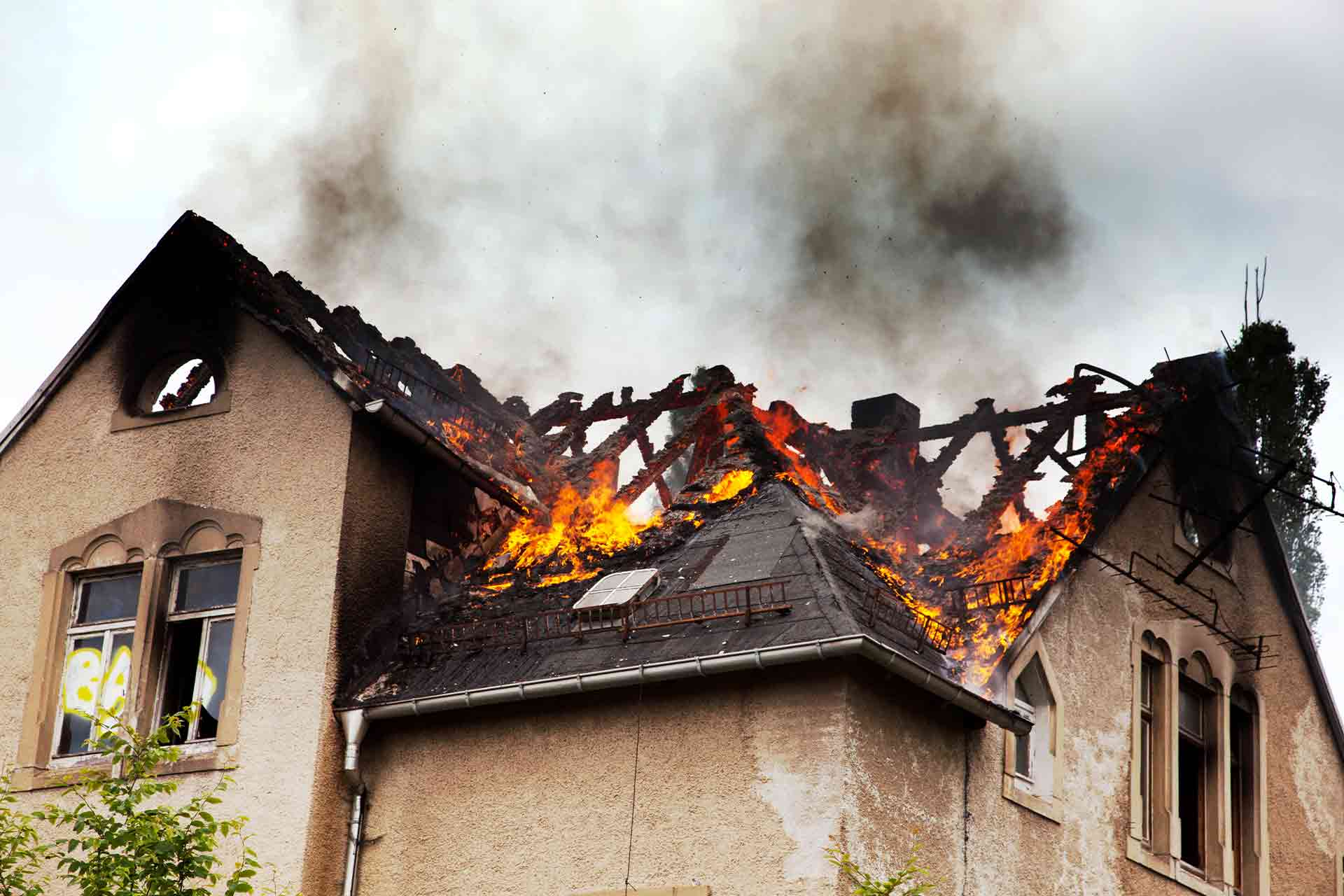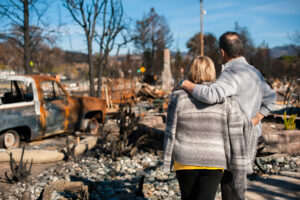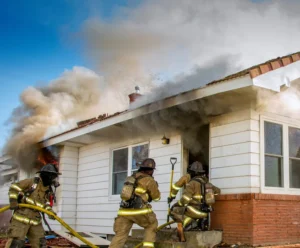In today’s unpredictable world, the risk of fire damage to property is a major concern for homeowners and businesses alike. Fire insurance provides important protection against financial losses resulting from such disasters. In this guide, we’ll delve into the specifics of fire insurance losses in 2024, providing valuable insights and tips for navigating this crucial aspect of insurance purchasing.
1. Types of fire damage covered
1.1 Structural damage
Fire insurance typically covers the costs associated with repairing or rebuilding a fire-damaged building, including walls, roofs and foundations.
1.2 Corruption of Content
In addition to structural elements, fire insurance often extends coverage to the contents of the property, including furniture, appliances and personal items destroyed or damaged by fire.
1.3 Smoke and soot damage
Smoke and soot can cause major damage to structures and contents. Fire insurance policies often include coverage for cleaning, repairing or replacing items affected by smoke and soot.
2. Exclusions and Limitations
2.1 Intentional conduct
Most fire insurance policies do not cover losses caused by the intentional actions of the policyholder or others. Any evidence of arson or vandalism may result in the claim being denied.
2.2 Negligence
If the fire was caused by the policyholder’s negligence, such as failure to maintain fire safety equipment or neglect of fire hazards, the insurance company may deny the claim.
2.3 Acts of war or terrorism
Some policies exclude damage caused by acts of war or terrorism, depending on the specific terms set out in the policy.
3. File a fire insurance claim
3.1 Register damage
After a fire, it is crucial to properly map the extent of the damage. Before performing any repair or cleanup work, take photos and videos of the affected area and items.
3.2 Contact the insurance company
Notify your insurance company as soon as possible after a fire occurs. Provide them with details of the damage and follow their instructions to file a claim.
3.3 Using the controller
An insurance expert will assess the damage and determine what compensation you are entitled to under your policy. Be cooperative and provide any additional documentation or evidence they request.
4. Maximize your fire insurance coverage
4.1 Check your policy
Check your fire insurance policy regularly to ensure it provides adequate cover for your property and contents. Take into account any changes in property values or lifestyles that may require adjustments to your coverage.
4.2 Strengthen fire safety measures
Invest in fire safety equipment such as smoke detectors, fire extinguishers and sprinkler systems to minimize the risk of fire damage. Many insurance companies offer discounts for properties with enhanced fire protection measures.
4.3 Regular maintenance
Ensure that your property is properly maintained to prevent fire hazards. Regularly check electrical wiring, heating systems and other potential ignition sources so that any problems can be addressed immediately.
5. Conclusion: Protect your belongings from fire damage
Fire insurance is an important part of comprehensive risk management for homeowners and businesses. By understanding the types of covered damages, the exclusions and limitations, and the process for filing a claim, you can ensure you are adequately protected in the event of a fire-related disaster.
6. FAQ (frequently asked questions)
Question 1: Does fire insurance cover losses caused by forest fires?
A1: Yes, most fire insurance policies cover losses due to wildfires, depending on the terms of the policy.
Question 2: Can I claim compensation for smoke damage to my property?
A2: Yes, smoke damage is usually covered by fire insurance, including cleaning and repair costs.
Question 3: What should I do if my fire insurance claim is denied?
A3: If your claim is denied, review the denial letter carefully and consider appealing the decision with additional evidence or documentation.
Question 4: Will my premium increase after I file a fire insurance claim?
A4: After you file a claim, your premiums may increase, especially if you have a history of multiple claims or serious losses.



